The Dupin Trilogy
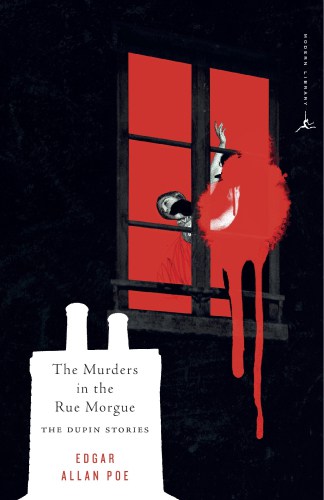
With the Dupin trilogy, Edgar Allan Poe single-handedly invented the detective story as a genre of fiction. Anyone interested in this type of fiction and its history will have reason to experience these stories. As well as being detective stories that are about Dupin’s ability to analyze, resolve, and disentangle, they are just as much about engaging the reader’s ability to do the same with the text itself. Each of these stories is itself a mystery, inviting the reader to do their own investigation and analysis. In addition, Poe’s brilliant writing and mastery of the English language are enough to please and exercise even the most experienced reader.
Symposium

The Symposium consists of a series of speeches about love given by Socrates and his friends during a drinking party at the house of Agathon. Having overindulged the night before in celebration of Agathon’s award winning play, the group agrees to pace themselves tonight by means of their speeches to the god of love. Phaedrus starts things off, followed by Pausanias and Euryximachus. Next, Aristophanes delivers his unforgettable origin myth, explaining our unconquerable urge to unite with our one true love as a literal seeking out of our other half. After Agathon delivers a beautiful but sophistical speech praising love, the dialogue culminates with Socrates telling the group about what he learned from Diotima, the woman who trained him in the erotic arts. According to this teaching, love is a desire for the good eternally, and it achieves this through giving birth, both physically and spiritually.
Borges Selected Stories

Borges is a writer intoxicated with infinity. He is a writer with secrets buried; you will need to bring a shovel (or the internet). Reading him is like being in an old antique curio shop where you have to go slowly, examining all the unique pieces individually, turning them over to reveal their histories and stories. In a single one of his works he may switch from arcane literary figures, to linguistic theories, to alternate geometries, and back again to heretical theologies. He writes in an almost academic style, and his encyclopedic mind peppers his writing with real sources and references interspersed with fictional ones—making no distinction whatsoever. Anyone interested in infinity, labyrinths, mirrors, esoteric writing, the fine line between fiction and reality, and the porous boundaries of the self will find much treasure in Borges.
Meditations on First Philosophy
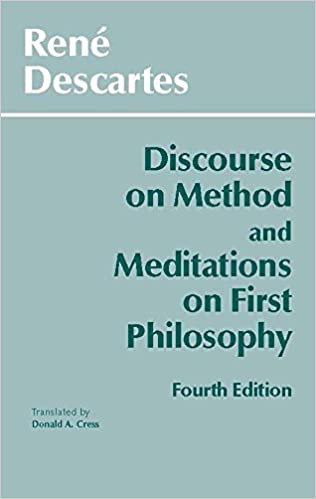
The Meditations, by Rene Descartes, is a pivotal text, marking the break between distinctive ancient and modern conceptions of self and world. In the preface to the work, addressed to the Sorbonne, Descartes explicitly states that his goal is to prove the existence of God and the soul. However, the world Descartes recovers after all his doubt is not the one we left behind. Colors are no longer in the object, but are relegated to mere secondary qualities in us. The bodies that inhabit this world are no longer understood through Aristotelian natures, but rather, their essence is captured by their mathematical (geometrical and arithmetical) properties and relations alone. In this way, Descartes sets the metaphysical foundation for the emerging physical sciences of the early modern period.
Song of Solomon
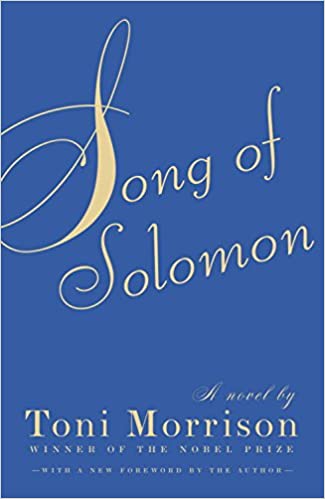
Complex characters sit at the center of every Toni Morrison novel. She creates all her characters, these flawed and human people, the admirable and disreputable characters, with great empathy and love, and we as readers love them as well. She constructs the novel from a mixture of history, myth, spirituals and the supernatural that makes the writing deeply resonant. What is past is never past, as the ancestors are always present. In a Toni Morrison novel, understanding one’s ties to these ancestors and healing the traumas of the past brought into the present are integral to self-acceptance and moving forward.
Mama Day
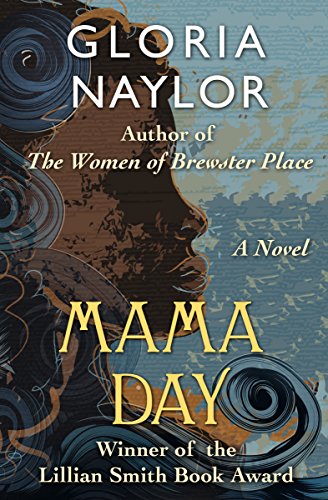
Mama Day explores the concept of home in multiple ways, and in ways that the reader may not be expecting. This novel unlocks the way we think about home, and then forces us to transcend those beliefs. It is also a novel about faith and the life-altering effects faith of any kind can have on our lives. This novel makes readers question the very definition of faith and what true faith can accomplish.
Groundwork for the Metaphysic of Morals
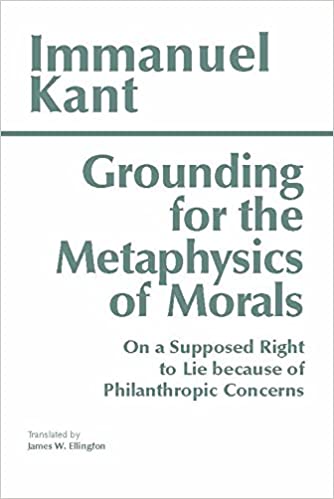
Kant is notoriously difficult to read and, although it was intended for a more general audience than some of his other works, the Grounding is no exception. Still, the overall goal – to find one, single principle that can be a key to deciding questions of morality – is one that students find relatable. Who hasn’t struggled to find clarity, or wished for a principle about which we could all agree, when considering issues of right and wrong?
Crime and Punishment
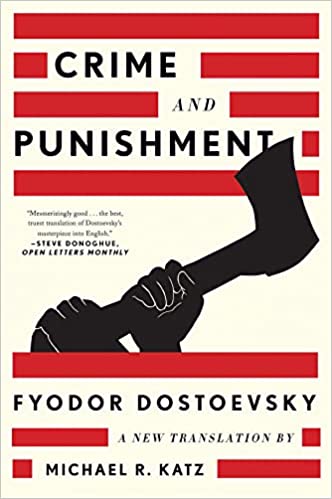
Dostoevsky stands among the great Russian novelists and world writers. In his characters, the reader encounters the complexity of human thought and desire, the quest for understanding ourselves, and the perennial questions that mark human interaction. Dostoevsky’s ideas at the time of the novel’s composition were very much informed by the radical political climate in St. Petersburg, ideas which Dostoevsky felt were morally and politically dangerous.
Dickinson Selected Poems

In her imagery and in her diction, Dickinson captures the questioning nature of the human experience in her poetry. She grapples with questions of love, death, and eternity in a brutally honest way. Her poems appear to be incredibly straightforward, but there are multiple layers of meaning, and possible interpretations. The struggle and desire of a person trying to make sense of her place in the universe is palpable on the pages of Dickinson’s poetry. The poems are transformative because she captures beautifully, perfectly, and deceptively simply, the range of human emotion and wonder in her poetry.
Don Quixote
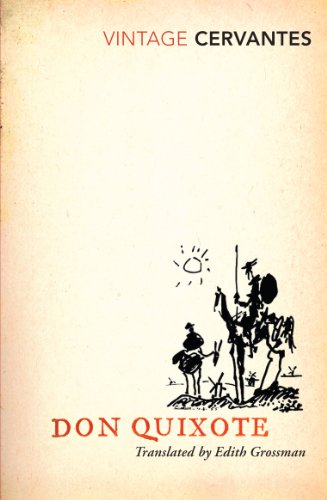
Don Quixote is often called the first novel. Despite the humor that suffuses the tale, it is a serious and even a tragic work. The laughter the novel provokes, and the distance combined with affection we feel for its noble yet ridiculous protagonist as he attempts to live out his ideals in a decidedly unsympathetic world, provoke examination of themes that students will feel deeply. Many of them, in coming to college, have themselves set off on a grand adventure. Like Don Quixote, they may be inspired by high ideals to advocate for causes to which they are deeply committed, only to find themselves met not with opportunities for heroism but by cynicism, bureaucracy, ridicule, and the insistent humdrum demands of everyday life.

